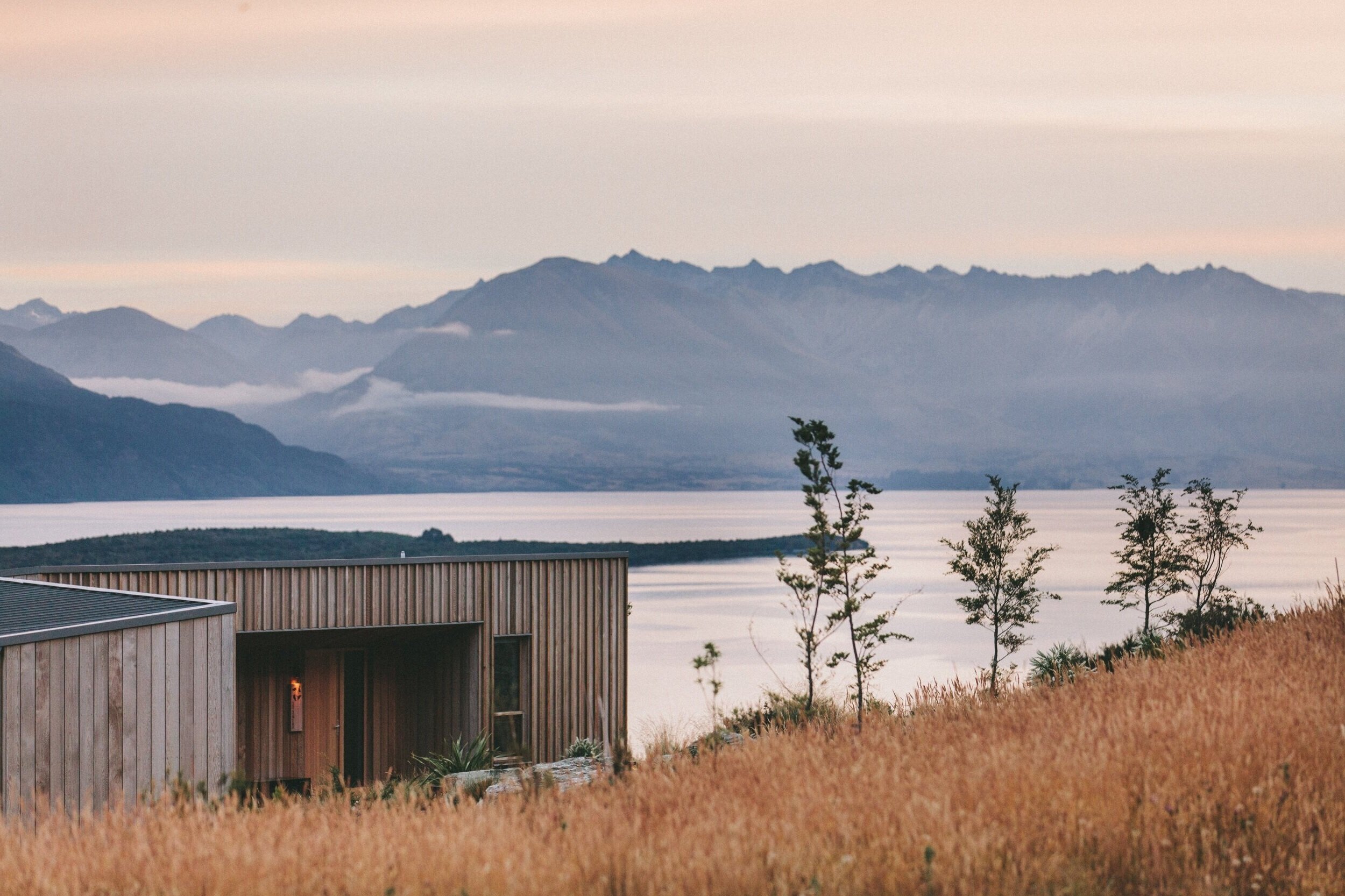
Ilagiingniq: Inuit Perinatal Health & Wellness Project in Arviat, Nunavut
ᐃᓚᒌᖕᓂᖅ: ᐃᓄᐃᑦ ᓄᑕᕋᒃᓴᖃᖅᑎᓪᓗᒋᑦ ᐊᒻᒪᓗ ᐊᑕᐅᓯᖅ ᐅᑭᐅᒥᒃ ᓄᑕᕋᖅᑖᕌᓂᒃᓯᒪᓕᖅᑐᓄᑦ ᐋᓐᓂᐊᖃᖅᑕᐃᓕᒪᓂᖏᑦ ᐊᒻᒪᓗ ᖃᓄᖏᑦᑎᐊᕐᓂᖏᓐᓄᑦ ᐱᓕᕆᐊᖅ ᐊᕐᕕᐊᑦ, ᓄᓇᕗᒻᒥᑦ
Overview
ENGLISH SUMMARY: The Ilagiingniq project is being conducted in Arviat, Nunavut with Inuit women. The project aims to improve the health of Inuit women by learning about how Inuit women wish to be best supported. The project will learn how to create supports for Inuit women who are about to give birth. With Inuit women in Arviat, we will co-develop and run a small perinatal program called Ananaas Arviat. This program will be based on our collaborative development of a framework for Inuit-specific perinatal program. The program aims to support Inuit women before, during and following giving birth. We will also develop videos and posters, pamphlets to support the women’s wellness underpinned by Inuit culture and understandings and the experiences of women in the community. What we learn will be shared with women in Arviat.
INUKTITUT SUMMARY: ᐃᓚᒌᖕᓂᖅ ᐱᓕᕆᐊᖅ ᐱᓕᕆᐊᖑᔪᖅ ᐊᕐᕕᐊᑦ, ᓄᓇᕗᒻᒥᑦ ᐱᓕᕆᖃᑎᒋᑉᓗᒋᑦ ᐃᓄᐃᑦ ᐊᕐᓇᐃᑦ. ᐱᓕᕆᐊᖅ ᑐᕌᒐᖃᖅᑐᖅ ᐱᐅᓯᒋᐊᖅᓯᓂᕐᒥᒃ ᐋᓐᓂᐊᖃᖅᑕᐃᓕᒪᓂᖏᓐᓂᒃ ᐃᓄᐃᑦ ᐊᕐᓇᐃᑦ. ᐱᓕᕆᐊᖅ ᐃᓕᑦᑎᓂᐊᖅᑐᖅ ᖃᓄᖅ ᓴᖅᕿᑦᑎᓂᐊᕐᓗᑎᒃ ᐃᑲᔫᑎᓂᒃ ᐃᓄᐃᑦ ᐊᕐᓇᓄᑦ ᐃᕐᓂᓱᖕᓂᒃᑯᑦ ᓄᑕᕋᖅᑖᕐᓂᐊᖅᑐᓄᑦ. ᐱᖃᑎᒋᓗᒋᑦ ᐃᓄᐃᑦ ᐊᕐᓇᖏᑦ ᐊᕐᕕᐊᓂᑦ, ᓴᖅᕿᑦᑎᓂᐊᖅᑐᒍᑦ ᐅᖃᓕᒫᒐᕋᓛᓂᑦ ᐊᒻᒪᓗ ᑕᕐᕆᔭᐅᑎᓂᒃ ᐊᐅᓚᔪᓂᒃ ᐸᕐᓇᒃᐸᓪᓕᐊᓗᒋᑦ ᐃᓄᐃᑦ ᐊᕐᓇᖏᑦ ᐃᕐᓂᓱᖕᓂᒃᑯᑦ ᓄᑕᕋᖅᑖᕐᓂᐊᕐᓗᑎᒃ. ᐅᖃᓕᒫᒐᕋᓛᓂᑦ ᐊᒻᒪᓗ ᑕᕐᕆᔭᐅᑎᓂᑦ ᐊᐅᓚᔪᓂᑦ ᐃᓚᐅᓂᐊᖅᑐᑦ ᐃᓄᐃᑦ ᐱᖅᖁᓯᖏᑦ ᐊᒻᒪᓗ ᑐᑭᓯᐊᔭᐅᔪᑦ. ᐅᖃᓕᒫᒐᕋᓛᑦ ᐊᒻᒪᓗ ᑕᕐᕆᔭᐅᑏᑦ ᐊᐅᓚᔪᑦ ᑐᓂᔭᐅᓂᐊᖅᑐᑦ ᐊᕐᓇᓄᑦ ᓄᓇᓕᖕᒥᑦ ᓄᑕᕋᖅᑖᕐᓂᐊᓵᖅᑎᓪᓗᒋᑦ ᐊᒻᒪᓗ ᐃᕐᓂᓱᖕᓂᒃᑯᑦ ᓄᑕᕋᖅᑖᖅᓯᒪᓕᖅᑎᓪᓗᒋᑦ. ᖃᐅᔨᓂᐊᖅᑐᒍᑦ ᐅᖃᓕᒫᒐᕋᓛᑦ ᐊᒻᒪᓗ ᑕᕐᕆᔭᐅᑏᑦ ᐊᐅᓚᔪᑦ ᐃᑲᔪᕐᓂᐊᕐᒪᖔᑕ ᐊᕐᓇᓂᒃ ᐃᖕᒥᖕᓄᑦ ᐱᒻᒪᕆᐅᒋᔭᖏᑦᑎᒍᑦ. ᐃᓚᖏᑦ ᑐᑭᓯᐅᒪᔾᔪᑏᑦ ᐱᐅᓯᒋᐊᖅᓯᓂᐊᕐᒥᔪᑦ ᐋᓐᓂᐊᕐᕕᖕᓂᑦ ᐃᑲᔪᕈᖕᓇᑦᑎᐊᕐᓂᖅᓴᐅᓂᐊᕐᓗᒋᑦ ᐃᓄᐃᑦ.
Goals
What should an Inuit-designed and built perinatal support and resources program for Inuit women and families look like?
Develop a holistic, family-based (inclusively-defined by Inuit) framework upon which a pilot program for supporting perinatal wellness can be built, and
Implement a strengths-based pilot program that involves support and resources to improve Inuit perinatal wellness from a gendered perspective;
Share findings and outcomes from the study (via a knowledge exchange and transfer plan) in a way that benefits the community and supports and/or bolsters other ongoing related initiatives
Collaborators
Barb Gregoire, Government of Nunavut, Kivalliq Inuit Service
Gail Baikie
Joann James
Josee Lavoie
Julie-Anne Mauno
Kangsoo Kim
Kathleen Kenny
Marie Jones
Nancy Mike, Qaujigiartiit Health Research Centre
Patricia (Patti) Johnston, University of Calgary, Faculty of Social Work
Rosanna Amarudjuak
Tara Collins
Tavia McKinnon
Wendy Hooper
Zoua Vang

